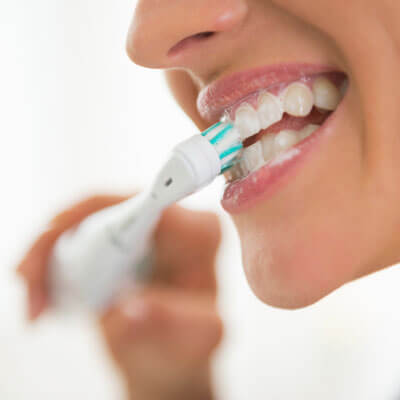 Bad breath, clinically known as halitosis, can be a silent saboteur of your social interactions. Besides the potentially awkward encounters, such as someone backing up when you speak, persistent bad breath might signal more serious health conditions.
Bad breath, clinically known as halitosis, can be a silent saboteur of your social interactions. Besides the potentially awkward encounters, such as someone backing up when you speak, persistent bad breath might signal more serious health conditions.
You may wonder, however, why you deal with halitosis when you practise scrupulous oral hygiene habits like brushing your teeth twice a day.
The Toothbrush’s Limitations
Brushing your teeth twice daily is an excellent habit, but it’s not the end-all, be-all solution for oral hygiene. The regular toothbrush reaches only 65% of your tooth’s surface, leaving over 30% uncleaned. This inaccessible part is a breeding ground for food particles and bacteria, a combination that leads to bad breath.
The Importance of Cleaning Between Your Teeth
The parts of your teeth that your toothbrush can’t reach can still be cleaned. This is where other oral hygiene tools, such as dental floss and interdental brushes, come into play. They help clean the spaces between your teeth, removing trapped food particles and bacteria, hence reducing the risks of bad breath. Creating a regular habit of cleaning between your teeth can significantly improve your oral health and combat persistent halitosis.
Challenges With Partially Erupted Teeth
Additionally, another less-known cause of bad breath can be partially erupted teeth. These are teeth that are partially submerged and difficult to clean with a toothbrush. Food particles and bacteria tend to accumulate in these areas, leading to halitosis over time.
Seeking Professional Help
If you have upheld a regimen of brushing twice daily, cleaning between your teeth, and you still have bad breath, there may be other oral health issues at play. It is crucial to consult with a dental professional. They can check for underlying conditions like gum disease, tooth decay, or other oral health issues that cause halitosis.
Contact Randwick Dental Clinic today to schedule an appointment.
Any invasive or surgical procedure may carry risks. Before moving forward, it is recommended that you seek a second opinion from an appropriately licensed medical professional.
 Randwick
Randwick